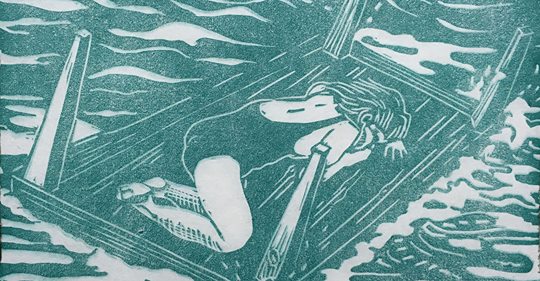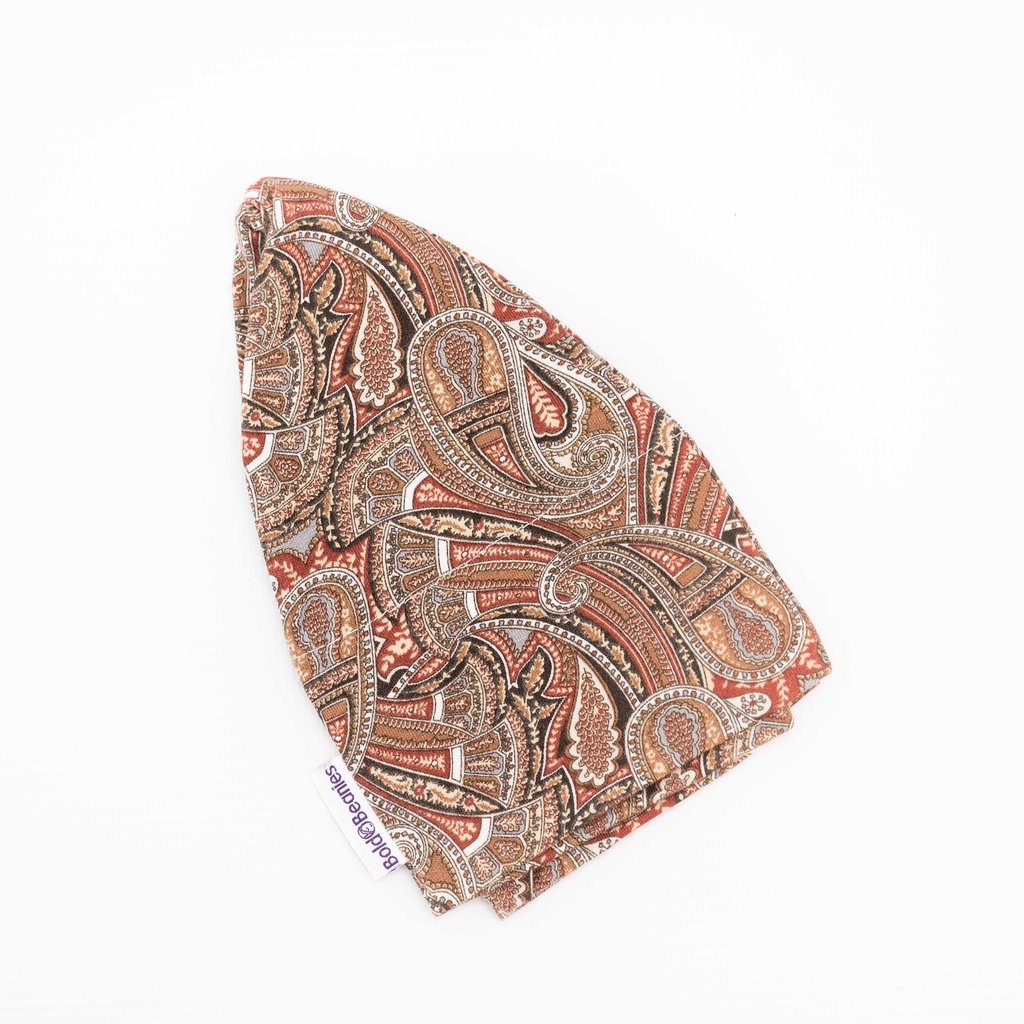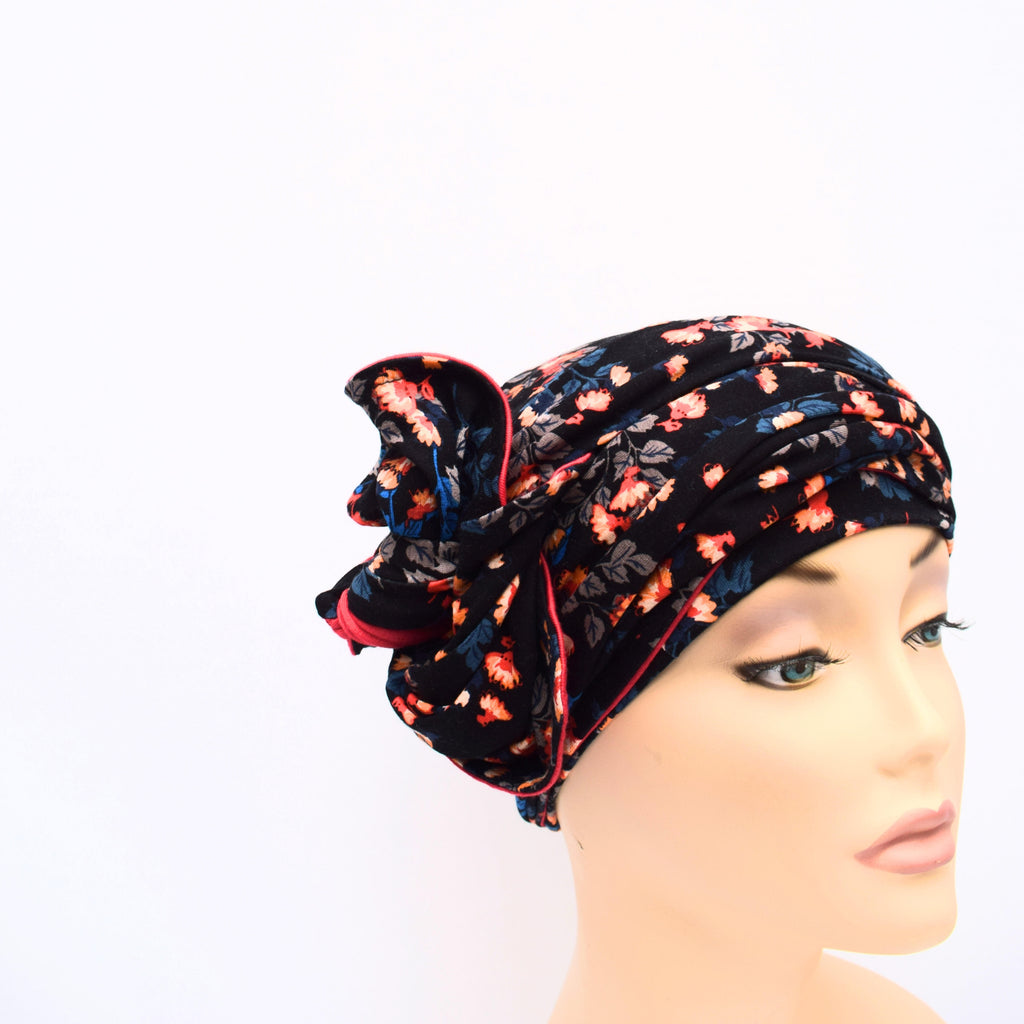BB Blog
A New Blog Post from 'A Great Tit'...
Posted by Emilienne Rebel on
Sara has a new blog posting over on 'A Great tit' about the latest curve ball...
"The last month has been really hard and very stressful. I may as well have been floating about the ocean on flotsam – I’ve felt that helpless. I am not some pink ribbon bedecked Boudica spoiling for a fight; I’m a scared little kid that wants someone to come save her.
Physically I’m doing very well. I’m virtually pain free and to a stranger I must seem perfectly healthy. Following my last scan, I was told that I’m responding to my current treatment regime better than your average patient. Well of course I am! And I’m mighty proud of myself. In fact, if there was a treatment leaderboard I’d like to think I’m at the top! “Go big or go home!”
Perhaps it was this ‘super patient’ skill that made them offer me an additional treatment, who knows, but it was quite the curve ball! Totally up to me, window of opportunity not open indefinitely, we need an answer – c’mon! Chop, chop!
(For those of you who may be interested, the drug is called Abemaciclib, it’s a CDK4/6 inhibitor. I’ve only recently conquered the pronunciation, so I’m not going to try and explain what it’s meant to do. Google is your friend!)
First time around I took and endured everything that was offered or prescribed. I wanted to live and that was the treatment goal. This time it’s different. There are treatments aplenty available to me, but none offering a cure, and the possibility of life without any treatment is no longer an option. Consequently, my choices are measured and defined more by the quality of my life than my longevity. If it’s possible to have both then obviously I want to seize the chance – if only everything was clear cut, but it isn’t."
- 0 comment
- Tags: Abemaciclib, Breast Cancer, cancer, mets
Superdrug to Offer Breast Cancer CoppaFeel Checks for All
Posted by Emilienne Rebel on
Truly great news - get your breasts and pecs checked. Superdrug has become the first UK high street store to offer breast cancer checks in a new partnership with CoppaFeel!
They've collaborated to offer breast awareness sessions in health clinics nationwide, where people of ALL genders will be given all the low-down on boobs & pecs.
The retailer’s new service, which goes live today (Tuesday 19 March), will involve no-touch consultations which will be offered at Superdrug’s around the country.
Breast cancer awareness charity CoppaFeel! and Superdrug teamed up for the partnership, with patients being able to pre-book nurse appointments in any of their 56 clinics in order for trained nurses to instruct them on how to thoroughly check their breasts for cancer symptoms.
- 0 comment
- Tags: Breast Cancer, coppafeel
Unisex Liberty Paisley Hair Loss Beanies for Men & Women - Show Solidarity
Posted by Emilienne Rebel on
A great light hearted way to show solidarity for a partner, wife, husband or loved one with hair loss is to wear a matching Bold Beanie! It helps someone to feel less alone and conspicuous
As well a range of plain colours, we have a few Unisex Liberty Bold Beanies... this beautiful paisley print is a definite customer favourite. This traditional Liberty Art Fabric print is available in standard and extra large sizes for both men and women suffering hair loss.
Super silky soft breathable stretchy thin cotton material to fit comfortably on the head... so comfy you’ll forget you’re wearing it and stylish to give you confidence to get on with your day... or night. Temperature controlling, sweat-wicking and the perfect soft liner under all types of hats, scarves helmets and hard hats.
#boldbeanies #unisex #solidarity #showyoucare #liberty #beanies #breathable #male #female #men #women #paisley #cancer #alopecia #beaniehats #alopeciaareata #alopeciauk #malepatternbaldness #madeinuk #hatsforwomen #hatsformen #helmetliner #skihelmet #hardhat #cyclinghelmet #bald #baldhead #cottonbeanies #coton #menscancer #chemohairloss #skullcap #skullcaps
Bride Diagnosed with Cancer one Week before Wedding...
Posted by Emilienne Rebel on
"I wanted a wedding not a funeral': Bride who was diagnosed with breast cancer just a WEEK before her big day kept it a secret from guests because she 'didn't want their pity" says Charlotte Drake, 34 from Oxfordshire.
She pushed for referrals after being told it was just a cyst and is now urging all women to check their breasts. As do I of course.
'A woman who was diagnosed with cancer just days before her wedding has told how she and her fiancé came to the decision to keep her condition a secret and go through with their ceremony.
Charlotte was diagnosed with breast cancer after discovering a lump while checking her breast while lying in bed.
The brand manager, who had dreamed of being a wife and mother since the age of ten, decided to go through with her nuptials to Luke Drake, now 32, in May 2014 because she wanted to have 'a wedding, not a funeral'.
Despite having no family history of the disease, Charlotte was diagnosed with an aggressive form of cancer that could have killed her within two years.'
- 0 comment
- Tags: Breast Cancer
Chemo Chic & Looking Your Best During Cancer Treatments
Posted by Emilienne Rebel on
If anything my friend Lisa's example has set (please see previous blog post) is that if you want, despite a scary Cancer diagnosis, you can still look stylish during chemotherapy treatments.
Chemotherapy varies between people, but will invariably make you at the least feel tired. I, unfortunately, was on the other end of the scale and suffered severely with sickness and fatigue. I looked rather shockingly ill on the days receiving and post chemo infusion. I was bloated from steroids and lost all my hair. But in my 3 weekly drugs cycle I had one 'good week' where I felt better, stronger and wanted to take back some of my life and spend time with my family and friends not feeling and looking like a cancer patient. I struggled to find decent headwear as all of the products available were for older women and as a younger woman, I still wanted to look stylish and fashionable (hence the idea for Bold Beanies).
My Bold Beanies have been specifically designed with style and comfort in mind, so you can get on with your day and feel confident. I have recently added a range of plain and Liberty head scarves and wraps to the headwear collection, offering more choice for ladies of all ages with hair loss medical or non-medical Alopecia.
Our range of beautiful soft cotton plain colours and Liberty Art Fabric headwear is so extensive it will match any style, occasion and outfit... you're bound to find something to co-ordinate. The thin stretchy cotton material has 4 way stretch making it easy to put on, tie and layer up if needed. The high-quality fabric is breathable and so keeps the sensitive head at an even temperature.
So there's no need to compromise on style or loose your identity... I like to call it 'Chemo Chic'.
- 0 comment
- Tags: alopecia, cancer, chemo chic, chemotherapy, fashion, hair loss, liberty, style



